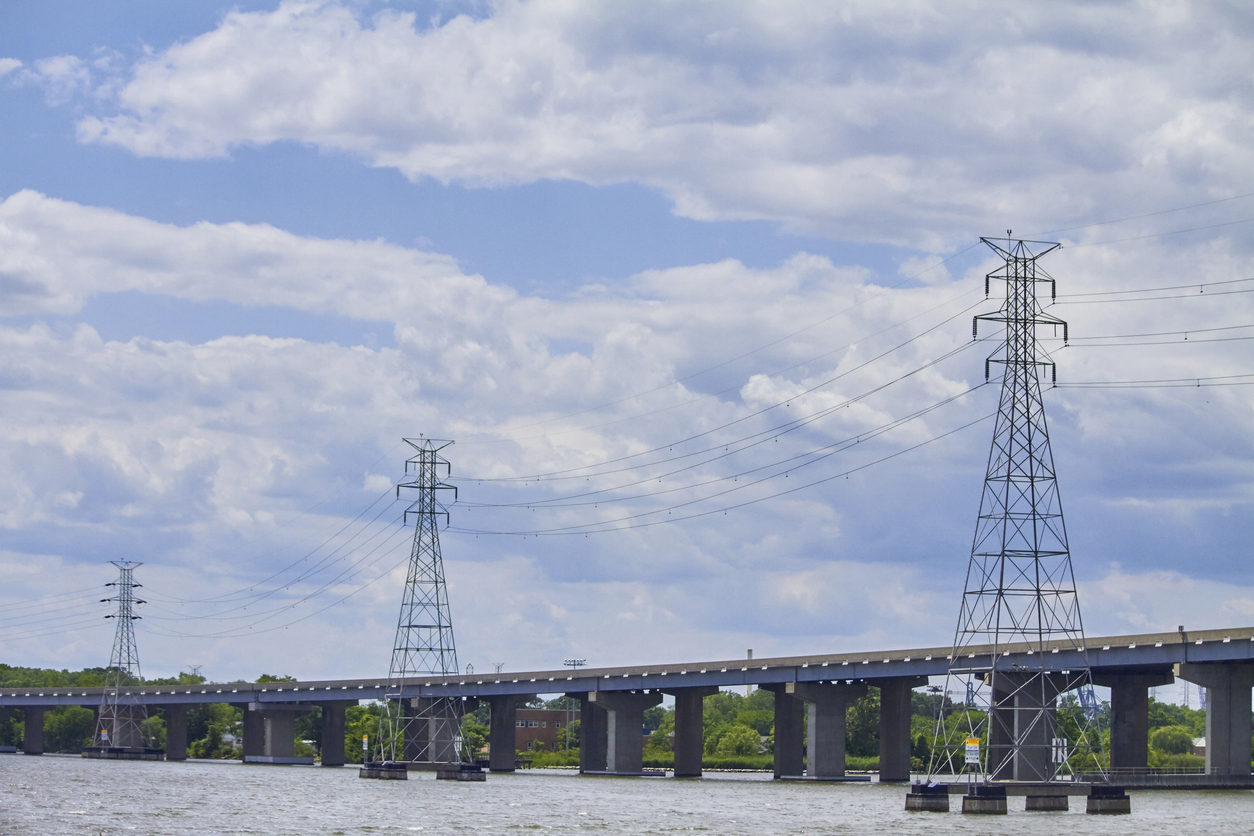The Electricity Law Initiative filed comments in support of the Federal Energy Regulatory Commission’s efforts to reduce costs for new power plants connecting to the transmission system.
Connecting a new power plant to the transmission network is already too expensive. Developers wait years mired in technical assessments only to be told they’ll have to pay tens of millions of dollars to upgrade an aging transmission system. These hefty entry fees are primarily paid by wind and solar developers who are inheriting a high-voltage network designed for traditional steam-powered resources.
In several regional markets, utilities claim a right of first refusal to finance and earn a return on the transmission network upgrades deemed necessary by the industry’s generator interconnection studies. This scheme would not only deny power plant developers the option to find cheaper funding, but it would also hand utilities a cut of the generators’ profits.
In June, FERC opened an investigation into utility funding of network upgrades and signaled that it would allow generators — and not utilities — to decide whether to finance the upgrade projects themselves. The utilities responded by arguing that FERC’s investigation is illegal. They conjured up several legal theories to support a utility entitlement to profit from transmission upgrades.
The Electricity Law Initiative’s comments rebut the utilities’ claims and argue that Federal law does not grant utilities exclusive rights to specific investment opportunities.
A companion op-ed published by Utility Dive explains how this proceeding fits into FERC’s ongoing efforts to reform transmission development and push the industry to take on more ambitious high-voltage projects.
